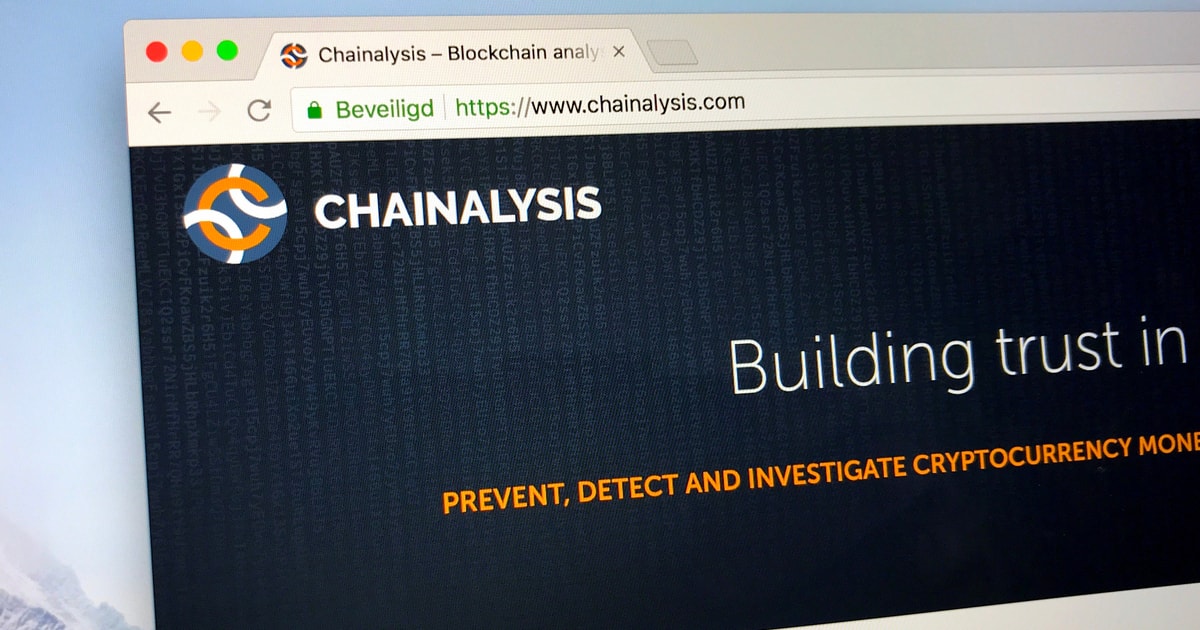Naresh Nagia of Deloitte Discusses Tokenization and Financial Disruption
Jessie A Ellis Jun 26, 2024 07:02
Naresh Nagia of Deloitte explores the impact of tokenization, DLT, and CBDCs on traditional banking in episode 117 of the Public Key podcast.

In a recent episode of the Public Key podcast, Naresh Nagia, Independent Senior Advisor at Deloitte, delved into the transformative potential of tokenization, Distributed Ledger Technology (DLT), and Central Bank Digital Currencies (CBDCs) on the traditional financial system. The discussion, part of the podcast's 'Live from Links' series, was recorded at the Chainalysis Links Conference in New York City.
Public Key Episode 117: Disrupting Traditional Banking with DLT
As Wall Street navigates a landscape filled with digital asset acronyms like DLT, CBDCs, and Bitcoin ETFs, Nagia provided clarity on what these terms mean and their implications for the future of finance. Speaking with Ian Andrews, CMO of Chainalysis, Nagia emphasized the operational efficiencies and collateral mobilization capabilities of DLT, which he believes will play a significant role in disrupting traditional banking.
According to Nagia, the adoption of DLT and smart contracts in the financial ecosystem hinges on several critical factors, including the establishment of a solid legal basis, stringent KYC/AML regulations, and robust cybersecurity measures. He also expressed a preference for wholesale CBDCs over retail CBDCs, highlighting Project Agora, a major initiative by the Bank for International Settlements (BIS) aimed at exploring the tokenization of cross-border payments.
Key Insights from the Episode
During the episode, Nagia shared his extensive experience in financial services, drawing on his tenure at Citigroup and his role in risk management for financial market infrastructures. He noted that the BIS has labeled DLT as a 'once-in-a-generation technology change' with the potential to revolutionize the legacy financial and monetary system.
He also discussed the importance of balancing transparency and privacy in the implementation of DLT. 'The security is non-negotiable, and the balance to be struck between transparency, which crypto and DLT offer, and privacy is crucial,' said Nagia.
Additional Context and Developments
The conversation also touched on the global regulatory landscape and the challenges of establishing a common legal framework for DLT across different jurisdictions. Nagia pointed out that achieving legal equivalence in multiple countries is a complex and ongoing process.
In related news, the BIS's Project Agora, which involves seven central banks and numerous commercial banks, aims to consolidate the findings from various DLT pilot projects conducted over the past two years. This initiative seeks to address the trust and security elements necessary for the widespread adoption of DLT in financial systems.
Future Prospects and Challenges
Looking ahead, Nagia predicted that the first meaningful adoption of DLT would likely occur in private, permissioned environments before transitioning to more decentralized models. He estimated that significant progress in this area could be seen within the next decade, although full decentralization might take even longer.
He also discussed the potential role of stablecoins in emerging markets, where high inflation and unreliable banking systems drive grassroots cryptocurrency adoption. However, he noted that stablecoins need to be properly regulated to ensure their stability and integration into the mainstream financial system.
For more details on Naresh Nagia's insights and the broader discussion on the disruption of traditional banking, you can listen to episode 117 of the Public Key podcast on platforms like Spotify, Apple, and Audible.
Image source: Shutterstock.jpg)